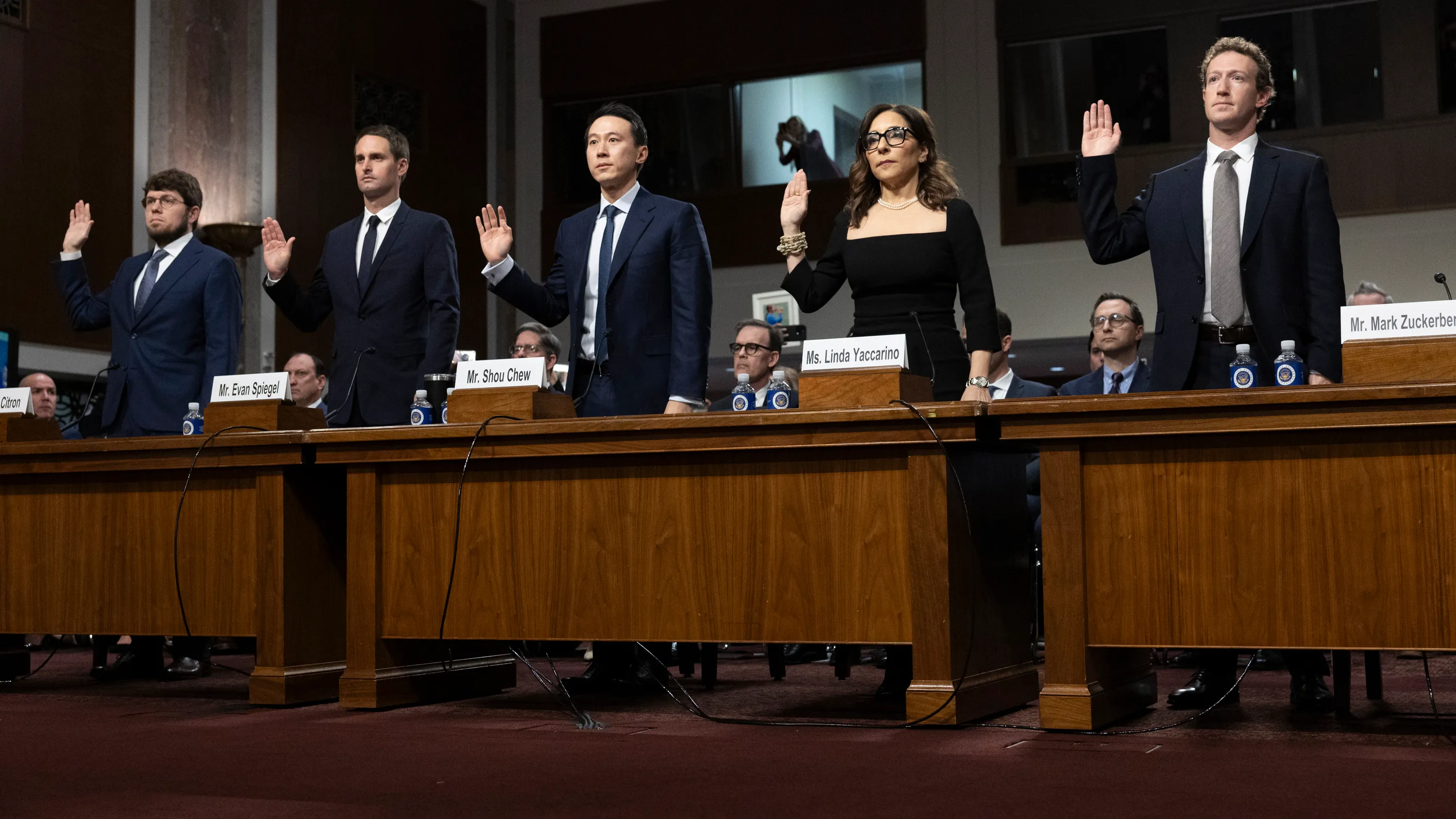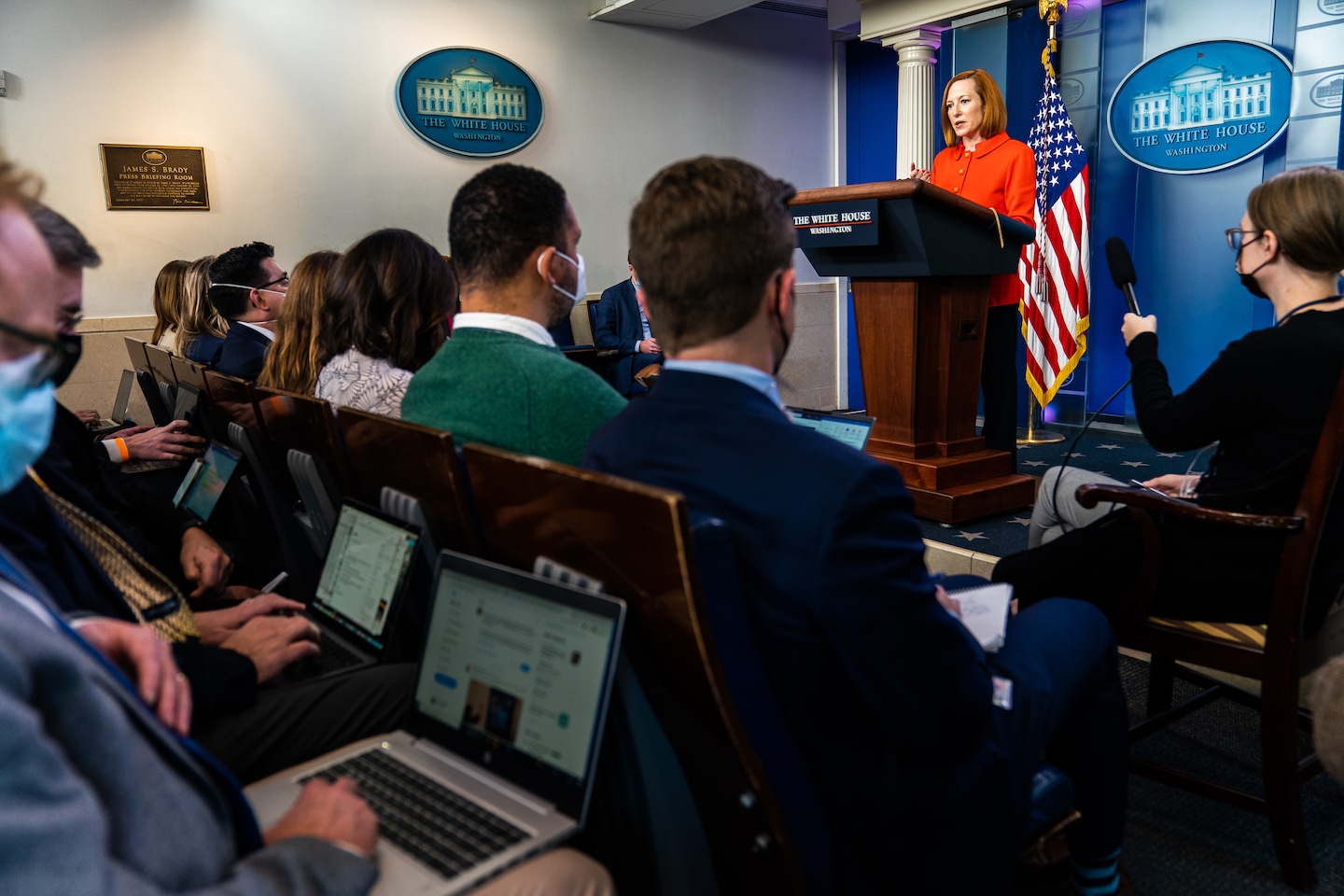The digital landscape has become a battleground for free expression, with online censorship threatening the voices of millions of Americans. Recent research indicates that over 50 million adults in the United States are grappling with barriers to digital access and expression, frequently silenced by opaque algorithms and corporate interests. This alarming trend highlights the urgent need for robust policies that prioritize digital rights and privacy protection.
Growing Online Censorship Crisis
According to reports on internet censorship, the U.S. government has long struggled to balance regulatory measures with the protection of free speech online. The Executive Order on Preventing Online Censorship issued in May 2020 sought to address perceived biases in tech platforms, yet many critics argue it merely provides cover for deeper issues of systemic discrimination against marginalized voices.
Disability Rights and Web Accessibility
As we navigate this censorship crisis, the need for web accessibility cannot be overstated. Over 49 million U.S. adults live with disabilities, yet fewer than 4% of the world"s top websites meet accessibility standards, as highlighted by key internet accessibility statistics. The new rule on web content accessibility aims to address these disparities, but progress remains slow and inadequate.

TikTok, Meta, Snap, other tech CEOs grilled at Senate hearing
Corporate Control Over Digital Speech
The dominance of major tech companies has created an environment where digital expression is increasingly dictated by corporate interests. As reported by Wikipedia, these platforms have faced criticism for their inconsistent policies on content moderation, resulting in arbitrary censorship that disproportionately affects marginalized groups. This dynamic not only stifles dissent but also reinforces existing inequalities in our digital society.
Impact on Privacy and Personal Agency
The intertwining issues of censorship and privacy create a dangerous landscape for American users. With mounting surveillance practices and data collection by tech giants, individuals face an erosion of their personal agency. The implications of this trend are dire: as users become more aware of the potential for censorship, many may self-censor to avoid repercussions, further undermining free expression.

White House reporters ask for virtual press briefings during the …
Pushing for Digital Rights Reform
In light of these challenges, advocates for digital rights must take a stand against censorship and push for comprehensive reforms. We need to prioritize policies that protect online expression, ensure accountability for tech companies, and promote accessibility for all users. The fight for digital rights is a fight for the integrity of our democracy, and it is imperative that we act decisively to safeguard these fundamental freedoms.

![[Video] Anti-ICE Protester Pepper Sprayed as CBP Agents Disperse Crowd in Minneapolis](/_next/image?url=%2Fapi%2Fimage%2Fthumbnails%2Fthumbnail-1768260677127-y71sb7-thumbnail.jpg&w=3840&q=75)

![[Video] Several injured as U-Haul truck drives through Iranian protestors in Los Angeles](/_next/image?url=%2Fapi%2Fimage%2Fthumbnails%2Fthumbnail-1768176682028-q95y6j-thumbnail.jpg&w=3840&q=75)
![[Video] Scuffle breaks out between Trump supporters and Anti-ICE protesters in Times Square](/_next/image?url=%2Fapi%2Fimage%2Fthumbnails%2Fthumbnail-1768165958203-hgcgb-thumbnail.jpg&w=3840&q=75)


![[Video] Gunfire between Iraqi security forces and Sadr militias in Baghdad](/_next/image?url=%2Fapi%2Fimage%2Fthumbnails%2Fthumbnail-1768343508874-4redb-thumbnail.jpg&w=3840&q=75)
